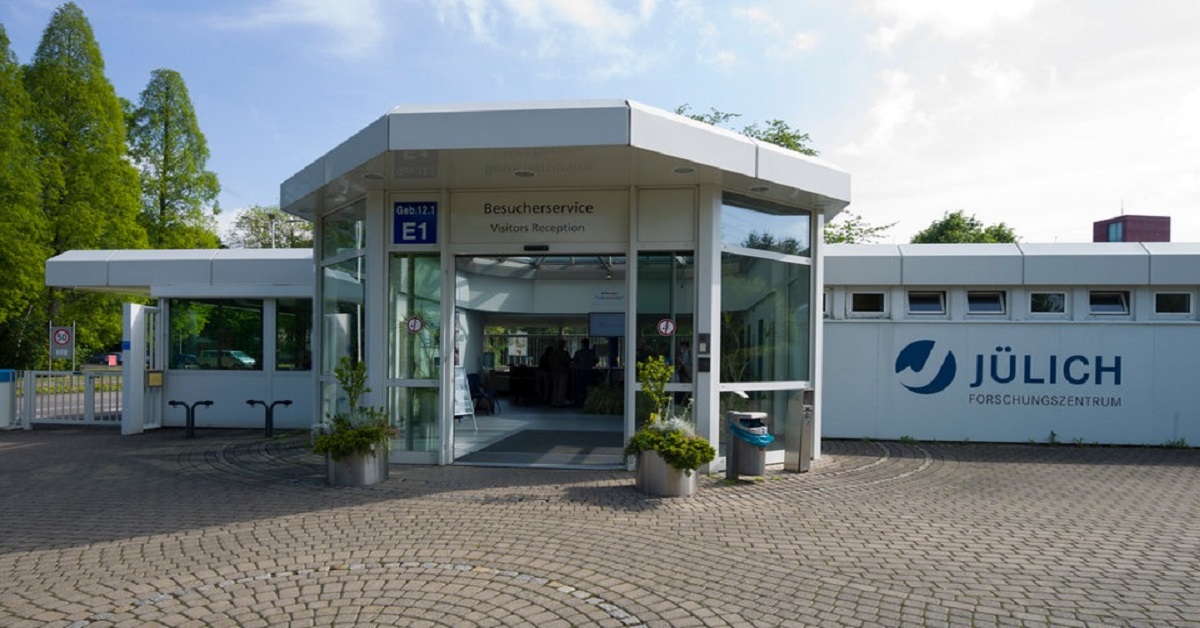This thesis is suitable for everyone interested in the global water-energy nexus. In particular, both process/energy engineering students, as well as students related to hydrology or water sciences are invited to apply.
Motivation and Background
Among other research topics, the IEK-3 (Institute for Energy and Climate Research 3 at Forschungszentrum Juelich) is working on international energy concepts in which the integration of renewable energy sources into the energy system of the future is investigated by means of its model suite ETHOS. Due to the seasonality and volatility of wind and PV electricity, green hydrogen is emerging as an energy carrier and storage medium but also as a renewable feedstock for industrial processes. Due to the limited potentials and higher cost as well as to large expected demands in industrialized countries in the North, export/import pathways are currently under research to ensure an affordable and safe energy supply in the future. Besides strong wind countries in the North, especially countries with attractive climatic conditions for PV power generation are of interest here. These countries e.g. in Northern or Southern Africa, the Middle East etc. are now already dealing with water scarcity.
The water-energy nexus describes the dependencies between water processing and energy production and is becoming a more and more pressing topic today with increasing water scarcity. Due to the energy transition, water demand for electricity production will probably decrease in most countries when fossil power plants with their massive cooling water demands are phased out. However, with hydrogen on the rise and large-scale hydrogen import strategies in most Northern industrial countries, another water problem is emerging largely unnoticed: Hydrogen production via electrolysis needs a lot of water. Especially when producing hydrogen in sun-rich, arid countries via photovoltaics, large amounts of virtual water are effectively exported from possibly water-scarce world regions.
To avoid the intensification of water problems in hydrogen export countries, we at IEK-3 develop integrated energy- and water models that can consider both the sustainably available water quantities as well as the cost for water processing to make use of desalination technologies where required.
Your task
Your task will be to explore the best techno-economic options for the provision of clean and ecologically sustainable water for the production of green hydrogen. For this study, you will use our existing global energy-water system models as a base and enlarge the models by the required water-related technologies and data.
Therefore, you will have to research existing approaches for water cost assessment at a global scale as well as the latest technologies for water extraction, purification and processing. Based on geo-referenced input data such as groundwater depth and availability as well as economic base parameters, you will develop a global water cost atlas that will be the first of its kind in international literature. Therefore, groundwater, desalination and possibly surface water will be considered.
Also groundwater quality may play a great role and should be included in the availability and cost assessment. So you will also analyse the latest water processing technologies to provide water at suitable quality for irrigation, drinking or industrial/electrolysis processes. Therefore, you will look into suitable treatment processes and compare them also with regard to their compatibility with highly volatile energies: A cheap process with slow ramp up/down speed used today may be more expensive in the future, compared to a slightly more expensive process with quick reaction times that can follow the peaking energy supplies typical for wind and PV power.
In the end, your results can be applied for a case study about the optimal hydrogen provision scheme with regard to sustainable and cost-effective water provision at national level e.g. in a Southern African country. Here, the German government is currently developing hydrogen schemes and water scarcity is a very relevant topic.
The following tasks are to be dealt with in the course of the master thesis:
- Gain an overview over current approaches in global water cost assessment
- Develop a method to define groundwater extraction cost at global scale based on existing data
- Analyse the latest trends on water processing technologies and their techno-economic parameters and apply to future energy systems
- Develop a concept for the integration of groundwater quality and treatment at global scale
- Integrate water processing technologies into existing models
- Case Study: Analysis of optimal water provision scheme for hydrogen production in arid countries
Your profile
- Very good academic records in process engineering, water sciences, environmental sciences/engineering, hydrology, energy engineering, mechanical engineering, industrial engineering or comparable fields
- Interest in today’s energy and water challenges
- High individual motivation
- Independent and analytical way of working
- Experience of programming with geo tools in Python desirable (basic knowledge in Python or similar programming languages is required)
Our offer
- A pleasant working environment within a highly competent, international team in one of the most prestigious research facilities in Europe
- You will be remunerated, supported by top-end scientific and technical infrastructure as well as closely guided by experts
- You will have the opportunity to work with excited researchers from various scientific fields and take part in designing the future energy system
Contact Person
Christoph Winkler
Forschungszentrum Jülich GmbH
Institute of Electrochemical Process Engineering (IEK-3)
52425 Jülich
E-Mail: c.winkler@fz-juelich.de
